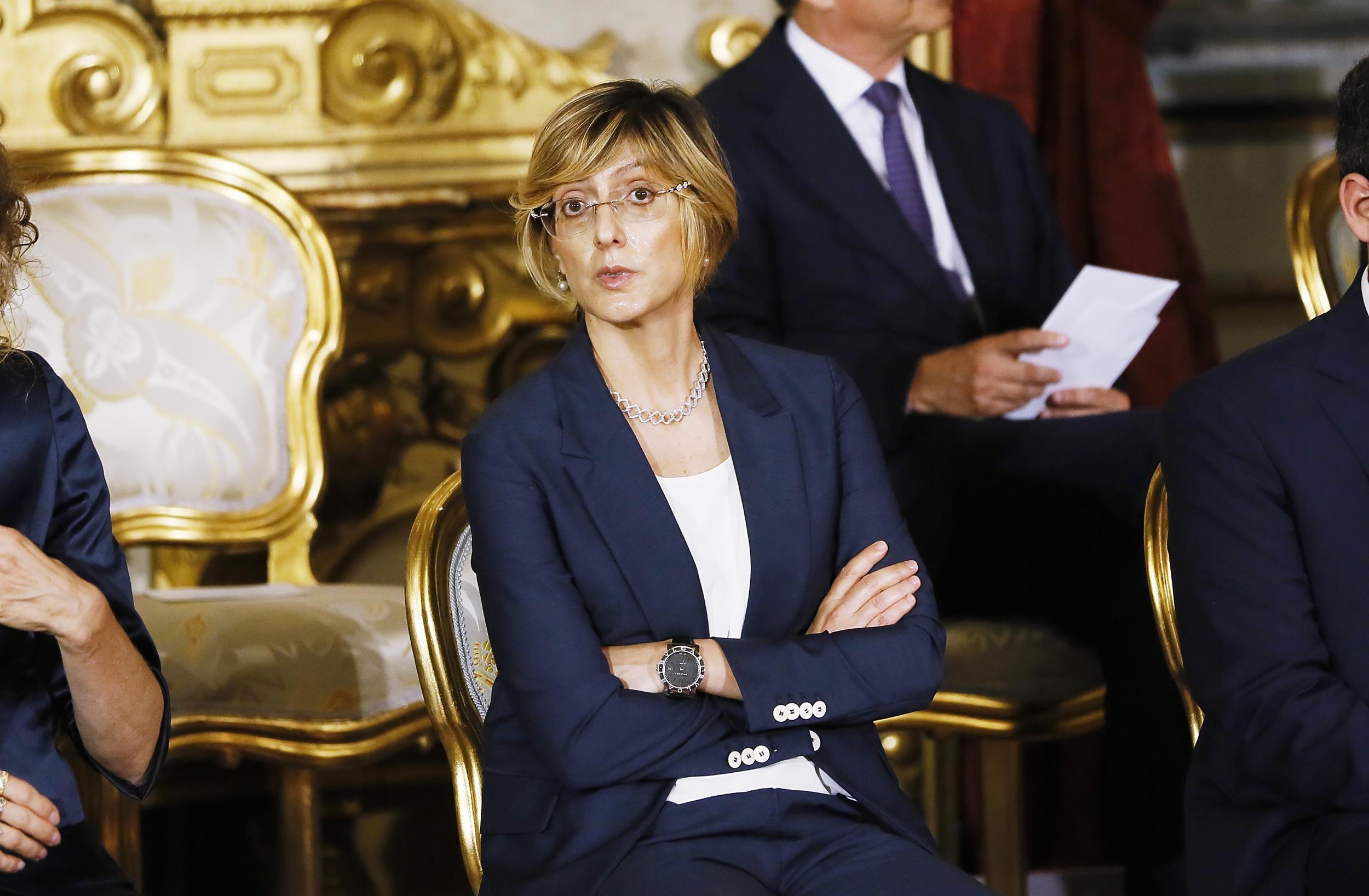Women reporting sexual attacks should be checked to see if they are being 'hysterical', says Italian minister
'It has been criticised by people who works with women in violent situations. It is throwing women into the mouths of police and judges,' campaigner says

An Italian government minister has been criticised for suggesting that authorities should check quickly to see if women who report sexual attacks are being "hysterical".
Critics argued that Guilia Bongiorno's use of the word was outdated.
The minister of public administration and member of the far right League Party, tweeted: “#RedCode is a regulation that says when a woman reports an attack, she must be listened to within three days by the public prosecutor or the judicial police. In this way, it can be seen straight away whether they are dealing with a hysterical woman or with a woman whose life is in danger, and in that case be able to save her”.
Marcelle Pirrone, a family lawyer who has been focusing on women in Italy's criminal justice system for 30 years, hit out at the remarks.
“It is such an incredible thing for her to say," she told The Independent. "It has been criticised by people who work with women in violent situations. It is throwing women into the mouths of police and judges.
“She is a lawyer and she credits herself for protecting women against violence. Unfortunately, her comments have not had many consequences. We keep on discussing prejudice against woman and then a minister says something like that.”
Others hit out Ms Bongiorno’s since-deleted tweet on the social media site.
Donatella Di Cesare, an Italian philosopher, said: “What can I say? The myth of the hysterical woman has returned."
Another added: “That a minister, a woman moreover, uses such language disgusts me. If a person, man or woman, falsely reports a crime, it is calumny, not hysteria. Hysterical is a term so obsolete and misleading that it is not excusable. Welcome to the medieval ages!”
Hysteria was a common medical diagnosis for women from the end of the 1800's until the first decades of the 1900's, but the American Psychiatric Association dropped the term in 1952.
The word comes from the Latin word "hystericus" which means "of the womb".
Originally, it was believed that hysteria and hysterical symptoms were caused by a defect in the womb and therefore, only women could become hysterical - something which has since been discredited as a sexist myth.
Ms Bongiorno, a lawyer by trade, later deleted the tweet and sought to clarify her remarks.
“The tweet has been deleted for the simple fact that – on top of the oversimplification imposed by the middle – it wasn’t an expression that fits in with how I think,” she said. “I was quoting those who criticise the ‘codice rosso’ with the term hysterical. Because every time that I mention that women who report attacks and abuse must be heard within a short time by the public prosecutor, someone objects to their credibility using that term.”
Campaigners have repeatedly raised alarm bells about Italy’s lurch to the far right under the League Party, which is a partner in Italy’s coalition government.
They have warned warning that women’s rights are under attack in a country that already has one of the highest rates of femicide - the gender-motivated killing of women - in Europe.
Tens of thousands of campaigners took the streets of Verona over the weekend to show their opposition to an anti-LGBT+ and anti-abortion conference with the self-avowed goal of establishing the “natural family order”.
The US-founded World Congress of Families (WCF), which has faced criticism for its Russian ties, staged the three-day conference in the ordinarily quiet northern Italian city to discuss “the beauty of marriage” and “growth and demographic decline”.
The 13th international conference of the WCF – which critics have branded “medieval” – was funded by the local authority and is backed by the League Party.
Join our commenting forum
Join thought-provoking conversations, follow other Independent readers and see their replies
Comments